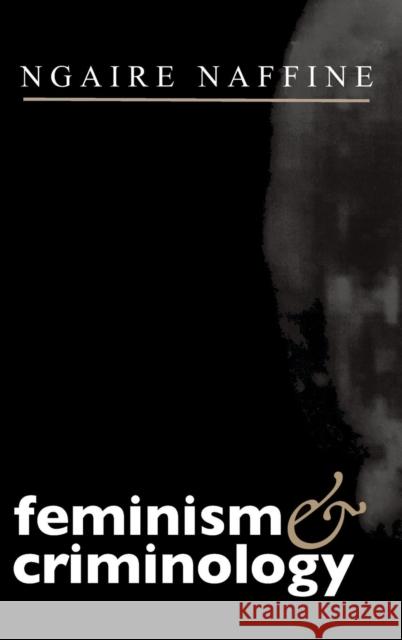Feminism and Criminology » książka
Feminism and Criminology
ISBN-13: 9780745611631 / Angielski / Twarda / 1996 / 208 str.
Feminism and Criminology
ISBN-13: 9780745611631 / Angielski / Twarda / 1996 / 208 str.
(netto: 270,05 VAT: 5%)
Najniższa cena z 30 dni: 280,09
ok. 30 dni roboczych.
Darmowa dostawa!
This much-needed book is a concise and accessible account of the contribution of feminist thinking to the study of crime. Tracing the intellectual history of criminology from its scientific foundations in the nineteenth century to its recent encounters with postmodernism, Naffine discusses the ways in which the discipline has established its priorities and values, and shows how men became and remain the central interest of the discipline. Criminologists, she argues, are still reluctant to engage with feminist scholarship which questions their agenda.
Naffine argues that for several decades feminists from a variety of disciplines have been studying crime, producing increasingly refined and sophisticated understandings of the phenomenon. Their interests have ranged widely, from the effects of masculinity and femininity on the propensity to offend, to the ways in which class and race affect the gender dimension of crime. They have pursued difficult questions about the nature of knowledge and the meanings of human behaviour in men and women.
Naffine analyses the treatment of women offenders by the criminal justice system, and women as victims of crime - especially violent crime - and argues for a different understanding of sexual relations between men and women within the crime of rape. Finally, she examines how feminist detective fiction can enliven and enhance the study of crime.
Provocative and well-argued, this timely book will be welcomed by students and researchers in women's studies, gender studies, criminology, sociology and law.











